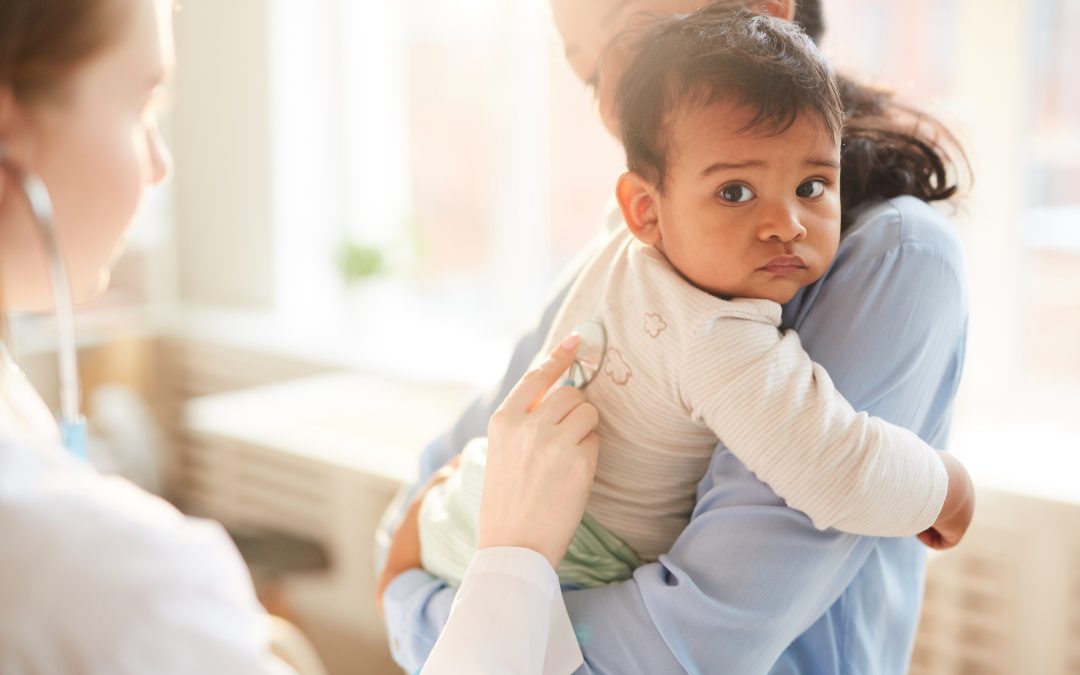This year RSV has been hitting young children and babies particularly hard. RSV stands for respiratory syncytial virus. Learn three things all parents should know about this virus: what it is, who it affects and, symptoms.
While you may wait hours in the ED, urgent care centers like Jovive Health that focus on getting patients in and out fast and can provide needed test results and advice.
What is RSV?
Respiratory syncytial virus is a virus that is passed from person to person and affects the lungs, throat, and nose. Anyone can get RSV, but it affects young children and older adults worse. Most children will get this virus before they are two years old. For most people RSV is a cold, but when someone is severely affected by it, they can develop bronchiolitis, wheezing/asthma, or pneumonia.
According to the American Academy of Pediatrics only about 3% of children will require a hospital stay due to RSV.
Who is most affected by RSV?
Not everyone is at a high risk of developing complications from this virus, but if you fall under one of these categories you should be careful when it comes to RSV, as it could lead to developing a severe case.
- Babies under 12 weeks old
- Premature babies
- Babies born with low birth weight
- Children who have weak immune systems or have heart or lung disease
- Children who are exposed to secondhand smoke or mothers smoked during pregnancy
If your child is at high risk, make sure to discuss with your pediatrician what options are out there to prevent RSV.
What are the symptoms?
Many cases of RSV will be mild and can include low-grade fever, cough, runny nose, poor feeding, and fussiness. These symptoms usually last 5-7 days.
If you notice any of the symptoms, below, it is time to seek medical attention.
- Younger than 8 weeks and has a fever
- Has a fever over 104
- Is lethargic
- Is dehydrated (look for dark or no urine in 8-12 hours or a very dry mouth)
- Fast or hard time breathing
- Has the symptoms of RSV and has a health condition
Always pay close attention to your child’s breathing and behavior, and if you notice they are having severe difficulty, call 911.
Local care in minutes
Jovive Health offers rapid RSV testing, verified by lab testing. With wait times that are typically under 10 minutes and online reservation, parents can conveniently find peace of mind and get expert advice to help their child recover safely. Find out more about RSV testing.




